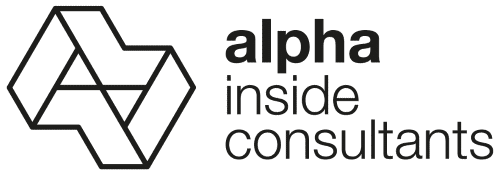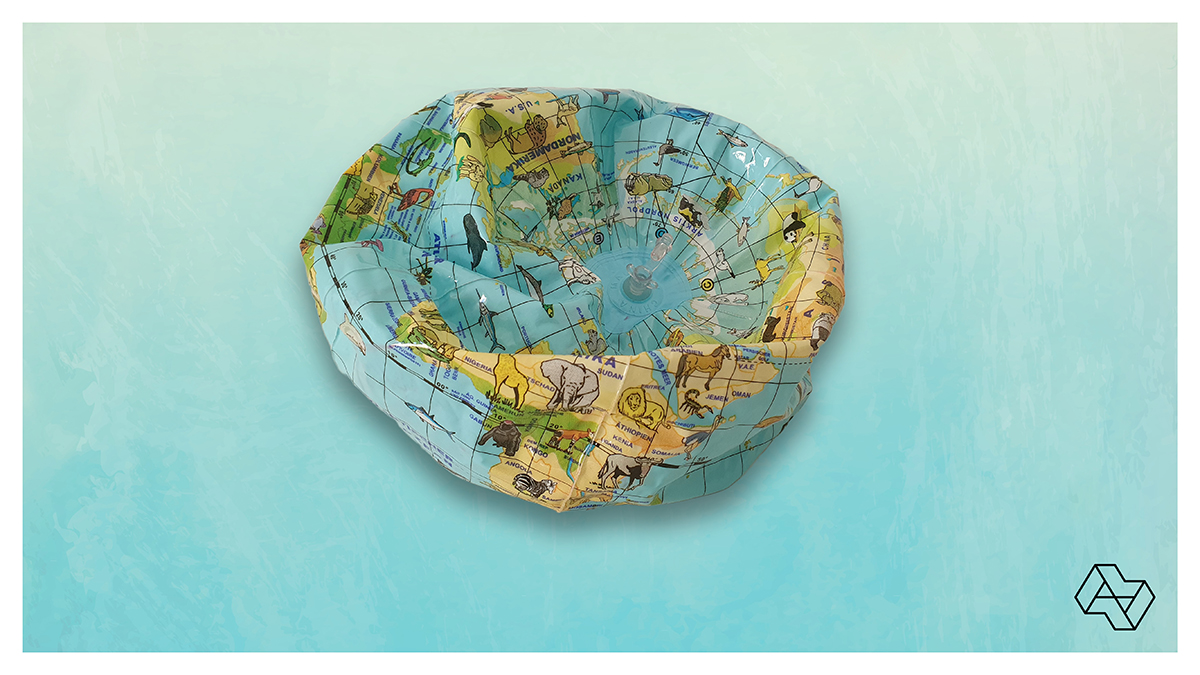Why is it important for companies to engage with the common good?
We are all aware of the major environmental and social challenges we all face: climate change, biodiversity loss, resource scarcity and, not least, the gap between rich and poor and the resulting social dislocation. Nothing less than our future, our livelihood, and thus the well-being of everyone in our society - our common good - depends on solving these problems. In March, we reported on ESG in real estate practice and the need for a new corporate culture in order to be able to do business in a truly grandchild-friendly way.
Every single contribution counts, whether from individuals, government, communities, nonprofits or commercial enterprises. Our collective responsibility is enormous. The building sector is one of the main contributors to the environmental crisis. Therefore, companies in our sector have great leverage and can significantly act as part of the solution or as part of the problem. It is not possible not to bear responsibility, because either we take it and improve our environment with our actions, or we have to bear the responsibility for the opposite. It therefore inevitably also becomes a business risk to disregard essential sustainability factors.
To be future-proof, economic success alone is no longer enough. There is a need for more public welfare-oriented companies that focus their corporate purpose on solving social and ecological problems, the German Federal Ministry of Economics and Environmental Protection recently wrote in a blog post. The Bavarian constitution clearly links business and the common good: "All economic activity serves the common good" (excerpt from Art. 151, para. 1.).
The more companies choose the path oriented towards the common good, the greater our chance of preserving a world worth living in with our economic activity - for ourselves, for our children and for all future generations.
Our corporate culture as the basis for our sustainability journey
The starting point of our sustainability journey is the cultural change we started 16 years ago towards a meaningful company that wants to be a pioneer for the topic of "sustainability" in the real estate industry with its people and know-how. Then, in 2017, our transformation process from a classically hierarchically structured company to an agile organization with coaching leadership began.
As a commercial enterprise, we must of course secure our economic success. At the same time, we want to use our consulting business to develop solutions for the challenges facing our society. We asked our employees: everyone at Alpha IC wants to be part of the solution. Consequently, we have jointly made ethical business practices the focus of our corporate purpose.
In a participatory process, we defined our values and our self-image collectively: We want to see ourselves as trailblazers and, while we ourselves have embarked on new paths toward ethical business, we also want to accompany, advise and inspire our customers on their value-oriented paths. With the goal of doing good and earning money in the process, we want to shape our future. Since then, we have been cultivating our values - partnership, self-determination, sustainability and quality - in regular dialogs on the future and values, and involving everyone in the process.
At our Christmas 2022 Future Dialogue, we all worked together in a large SDG workshop to shed light on how we are already impacting the UN's 17 goals, and what potential we still have with our organization and our product fields. With overwhelming swarm intelligence, over two hundred impulses came together in a very short time. This gives us plenty of material with which we can continue to work.
The common good balance sheet as an instrument for continuous improvement
Until recently, the question remained open as to whether and how we would like to report in the future - because we are sometimes not required to report. We asked ourselves whether there was a sustainability reporting standard that offered more control options for sustainability management than simply fulfilling the function of reporting. We were looking for a tool that would allow us to measure and improve, leaving more than a gut feeling after reading the report.
We found this tool in the form of the Common Good Balance Sheet of the Common Good Economy: it is basically a scoring system by which we can measure our common good contribution and our future development. An evaluation or audit is always mandatory for all participating companies, as it will be for the CSRD from 2025. In addition, the basic idea of ethical business, which the common good economy represents, corresponds to ours. The dimensions of ecology, social and governance are illuminated along all corporate processes.
Die Alpha IC GmbH ist seit Ende April 2023 Mitgliedsunternehmen "Gemeinwohlökonomie". Damit verpflichten wir uns zu einem ethischen Wirtschaftsmodell, das das Wohl von Mensch und Umwelt als oberstes Ziel des Wirtschaftens sieht.
Since the end of April 2023, we have therefore been a member of "Gemeinwohlökonomie Deutschland e.V." and are currently preparing our first common good balance sheet. This means that we are one of more than a thousand companies from a wide range of sectors that are preparing a balance sheet for the common good.
The focus of the common good balance sheet is on ethical business practices, viewed according to the values of human dignity, ecological responsibility, solidarity, social justice, as well as co-determination and transparency. The impact of the core business on the environment and society is one of the key aspects to be reported on. It is also the field with which we want to make an impact externally: we are continuously improving our product field offerings. Authenticity and real impact are very important to us. Our customers benefit from this: They can be sure not to fall into the green or socialwashing trap with our consulting services.
Unsere Ansprechpartnerin für CSR-Themen: Andrea Ekker, Consultant und Lead CSR bei der Alpha IC: a.ekker@alpha-ic.com, Tel. +49 151 422 294 60







